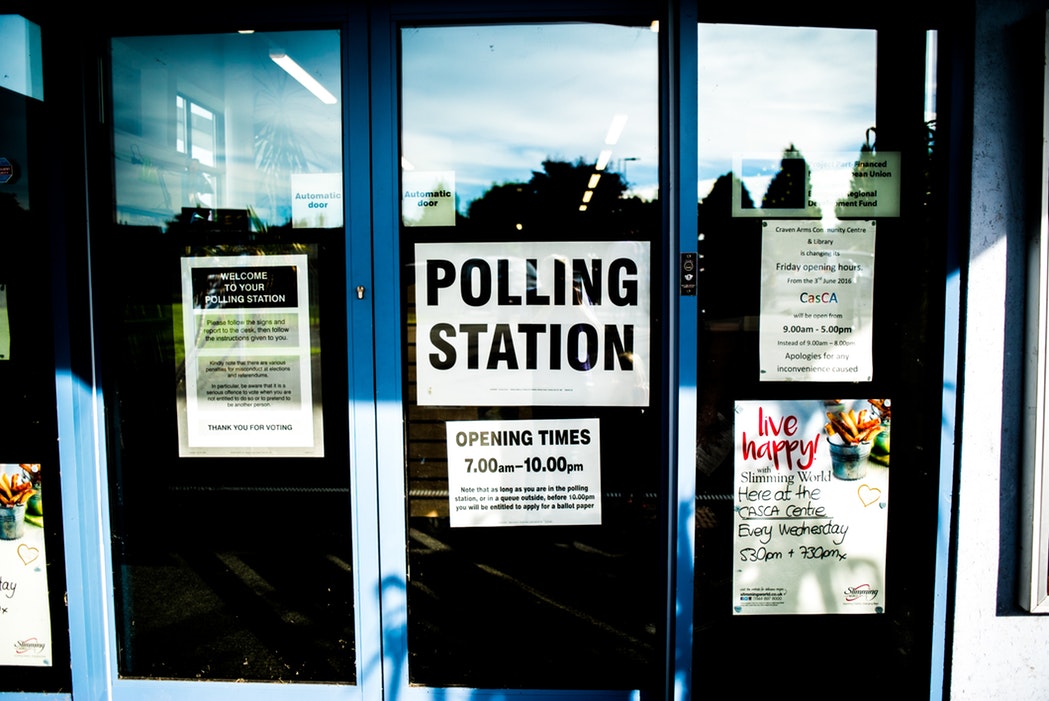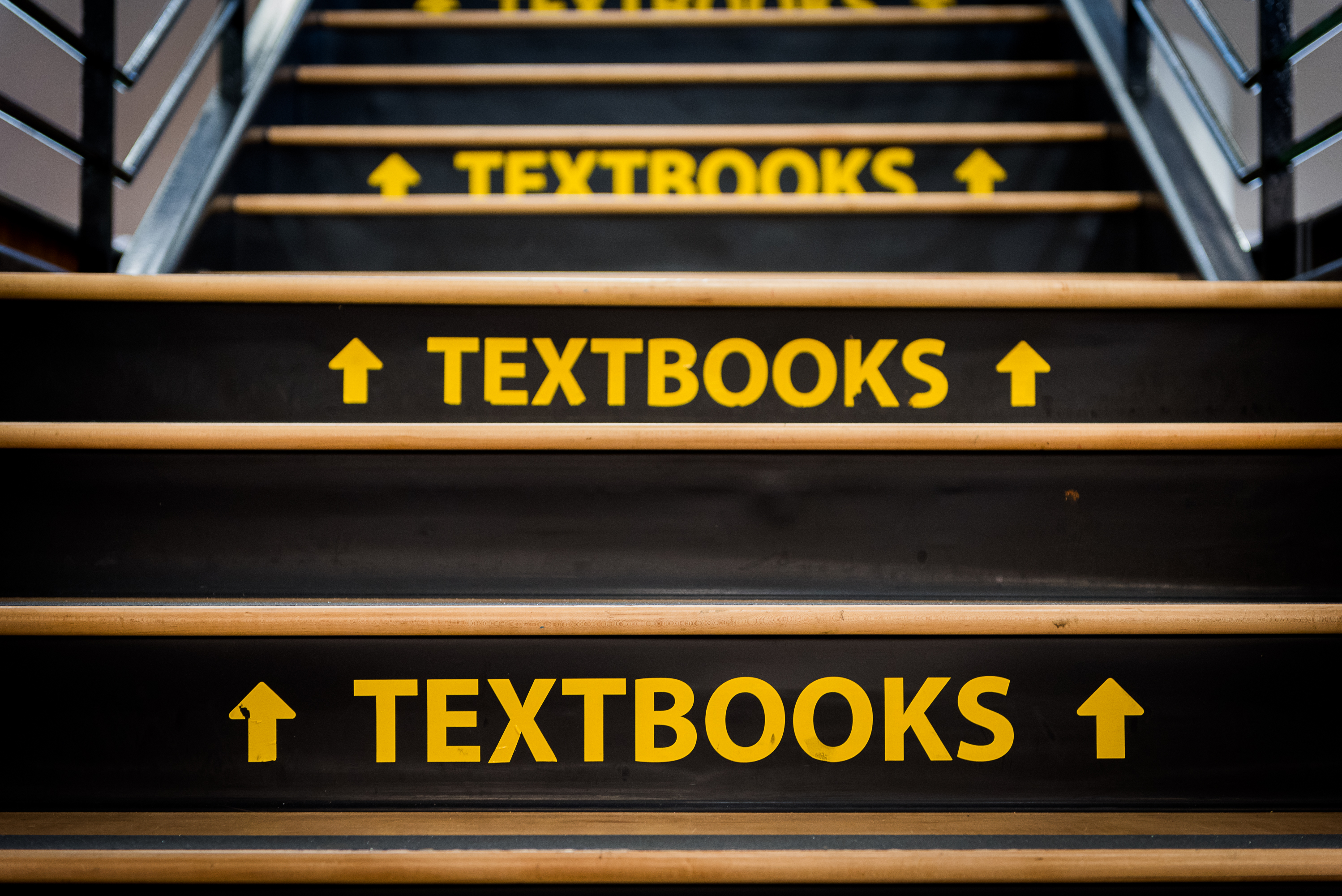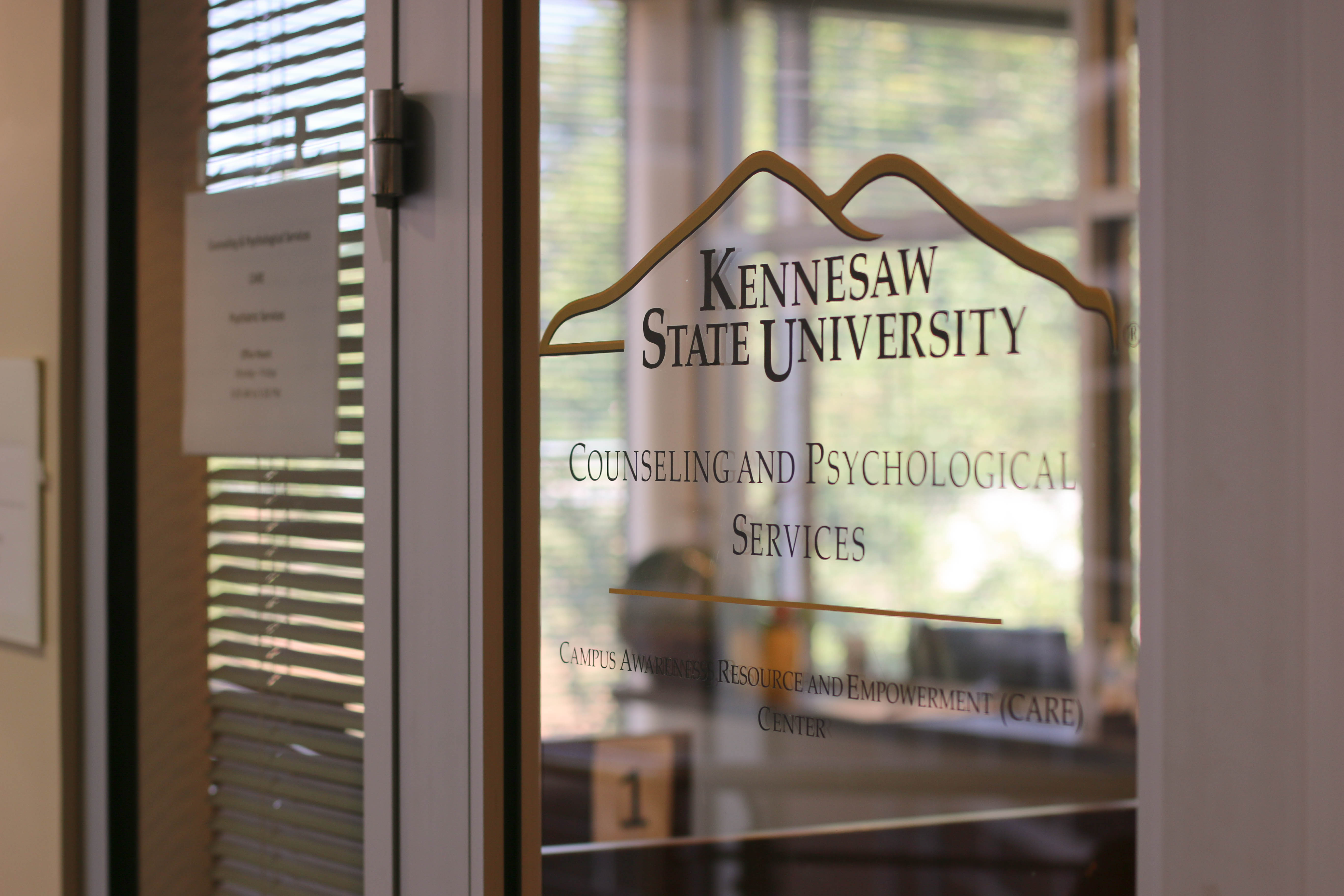Voting polls should lower their age requirement to 16 so that the voice of our youth does not continue to be neglected in American politics.
A young person’s voice deserves to be heard — their perspective and their needs matter. However, youth are completely denied the right to vote. Kids are at the brunt of legal decisions, and while they are expected to obey the law, they are not allowed any input. It’s wrong that 16-year-olds are given adult responsibilities and yet none of the privileges.
Youth can be tried as adults in the U.S. at 16, and, according to the Equal Justice Initiative, upwards of 10,000 juveniles are housed in adult prisons on any given day. Under the assumption that, at 16, youth are competent enough to understand that their actions have legal consequences, this seems fair. However, our society simultaneously deems 16-year-olds as too incompetent to participate in choosing a leader.
They are also expected to pay taxes in the workforce as if they were adults. According to the Tax Foundation, employees under the age of 18 paid a total of $1 billion in taxes to the federal government in 2009. This tax money is taken from more than one million 16-17 year olds with jobs, according to the Bureau of Labor Statistics, that are not allowed to vote.
Recent events have magnified the significance of this issue. Since the Florida school shooting on Feb. 14, high school students across the country, including in Cobb County, have been practicing “walkouts,’ where students leave their classrooms to stand together in silence to honor the 17 victims and speak out in favor of stricter gun laws.
Because students are denied the right to vote until they are 18, protests such as these are one of the very few ways youth can contribute to political decisions. These protests are an example of how much America’s youth cares about government politics and how far they are willing to go for their voices to be heard.
However, politicians have no motivation to listen to youth when they have no vote to earn from them. It’s a waste of time to gear their policies towards issues that youth face when they have no power to vote.
Instead of pushing kids to the side and saying that their voice has no value in the political arena, they need to be able to participate in their country’s decision making. Allowing 16-year-olds to vote will inspire them in their studies and bring validity to their attitudes.
Lowering the voting age will improve voter participation in all demographics as well. In the 2016 presidential election, only about 46 percent of 18 to 29-year-olds showed up to the polls, according to the U.S. Census. If citizens are taught to participate in voting early, and make a habit of it while they’re young, they will never stop.
Elected leaders affect the lives of every single American, not just those over the age of 18. Sixteen-year-olds should be included in America’s decision making so that politicians are truly in hands of all their people.



